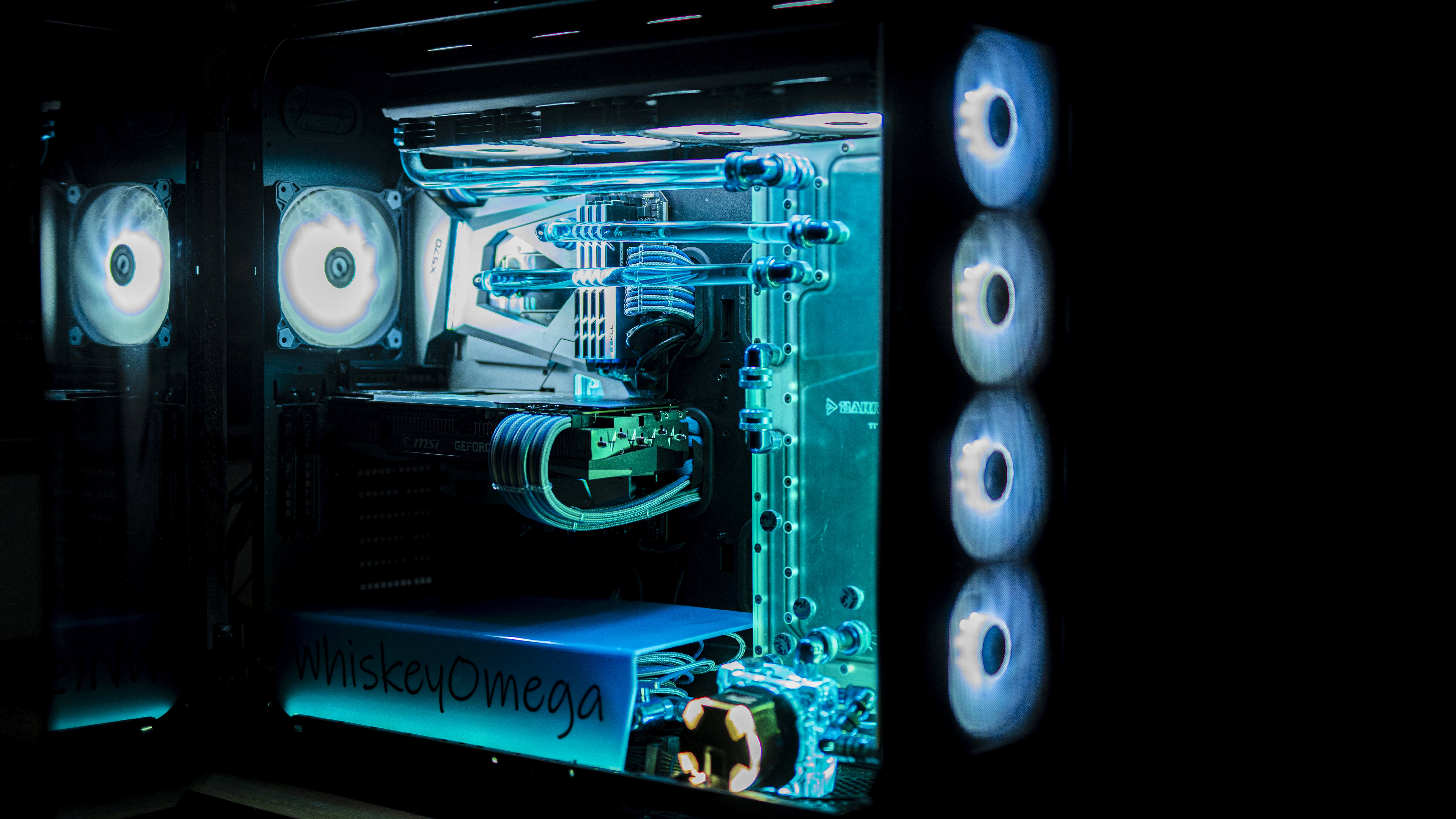

Just recently started my fourth playthrough of Baldur’s Gate 3, with occasionally playing Starfield and Divinity Original Sin 2.


Just recently started my fourth playthrough of Baldur’s Gate 3, with occasionally playing Starfield and Divinity Original Sin 2.
With some more time, the other 5% will follow suit.


I don’t know the website, was just the first link that popped off when I searched for the quote. But here’s the recording of that portion of the speech, if you prefer.


This is also the CEO that, once upon a time, worked in EA and had the brilliant idea of suggesting a micro transaction to reload your gun in Battlefield.


Starfield also released simultaneously in Gamepass, unlike Fallout 4, which is probably playing a big part in the “low” numbers.


Originally I was looking at Arch based distros such as Manjaro and EndeavourOS, during which I found out Manjaro is somewhat pointless because you pretty much should not use the AUR on Manjaro or else you will break the system inevitably. EndeavourOS looked solid though.
I personally wouldn’t recommend Manjaro, they’ve some questionable decisions and even failed to do some basic things, like failing to renew their SSL certificate, which happened at least twice.
However, I got a few suggestions regarding openSuSE Tumbleweed as a better alternative to Arch based distros and just wanted to know what are the pros and cons of OpenSuSE compared to Arch based distros from your experience?
Well, the two aren’t all that different. openSUSE has an better installer, which offers even full disk encryption, automated partitioning for disks in BTRFS with backups enabled. One big plus I can see in openSUSE’s favour is YaST, the graphical utility for system configuration, and allows you to configure nearly everything in a GUI.
Arch, memes aside, is relatively stable in my experience, only having problems once or twice with Nvidia drivers. I think that Arch’s biggest advantage is the AUR. Also one big plus of it’s install method is that if you read the documentation during the install process, and try to understand it, you’ll get a much clearer picture of how a linux system works in the “backend”.
Both distros are rolling, and the speed that packages arrive in zypper (openSUSE’s package manager) vs pacman (Arch’s) is rather small in my opinion. Personally, I lean more towards openSUSE, but both are good.


Usually, Denuvo is mentioned in the EULA of the games, so going by this metric, it’s unlikely for it to have Denuvo since there’s no mention of it.


Anyone has a link to what prompted this response?


I have Plex Pass, since the early days when lifetime was much cheaper, and never had any trouble with HDR specifically like you said. And I’m the only one with Plex Pass, everyone else in the free tier.


Hardware transcoding, if your hardware has support for it, the ability to analyse media and skip intros and HDR tone mapping mostly.


Also adding Lutris, it’s a wrapper for wine, and with it, you can download game normally like you would in windows, run the installer and then play it.


You can also use Minion too, just instead of downloading the executable, just get the jar file and run it through the terminal.


I can’t speak for the EGS version, but the game itself works fairly well.


No, you’re not. It’s for whenever you’re browsing games on steam, like the discovery queue or when there’s a big sale, it will show up before the description if it has, like this.


For steam, there is also this curator that marks it.
Lord of the Rings Online is about 26Gb.
Star Trek Online is also roughly at the same ballpark as LOTRO.
Guild Wars 1 is about 5Gb.
Secret World Legends also this one, about 10Gb.
They are all decent, and fun to play if they’re your jam, some are more pay-to-win than others, like Star Trek Online. Some are a bit on the older side, like Guild Wars 1 being from 2005 though.
deleted by creator